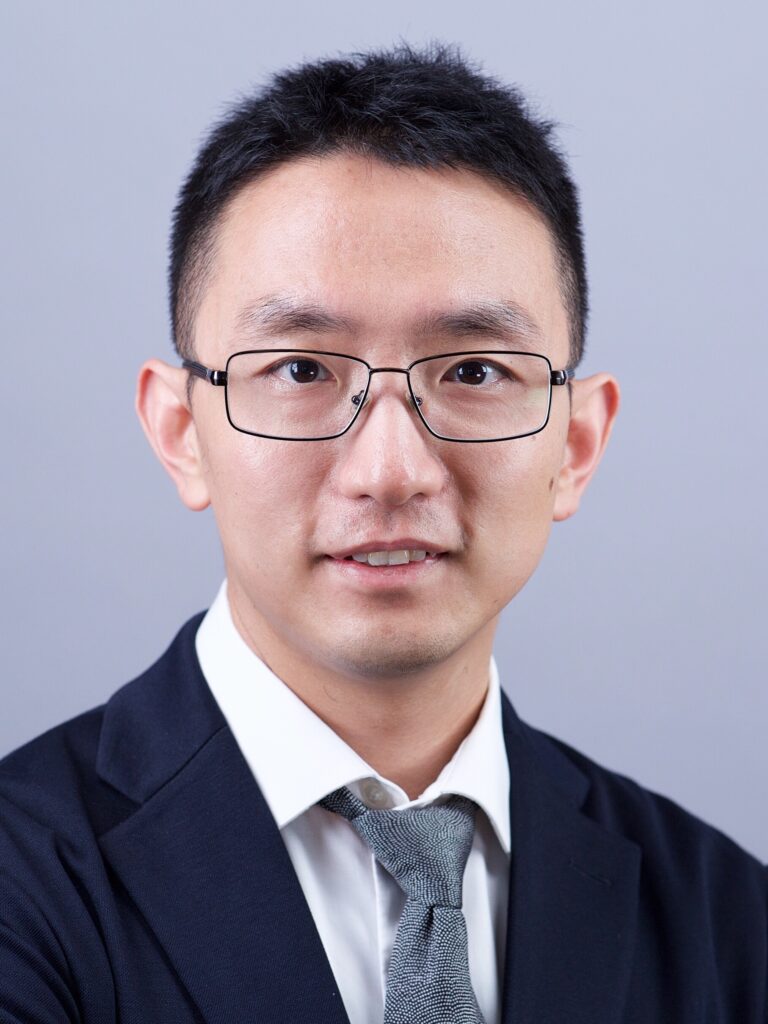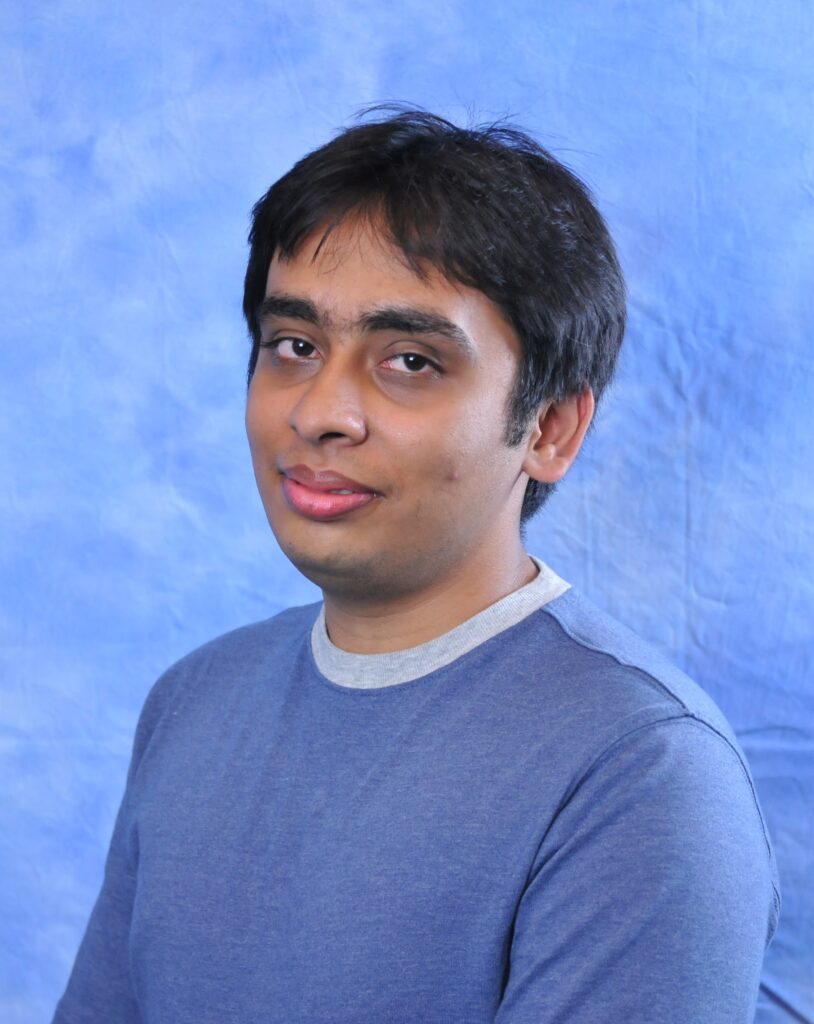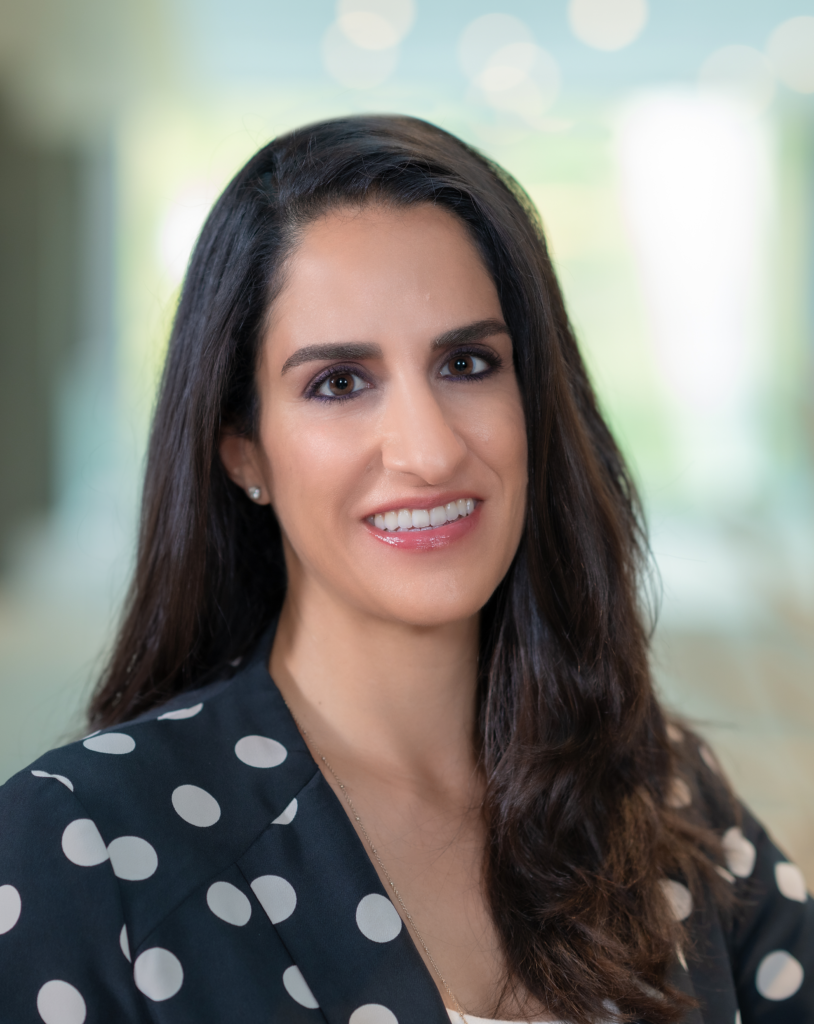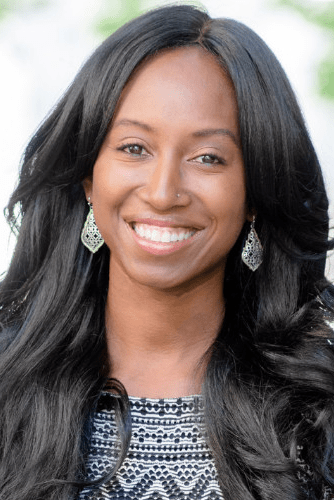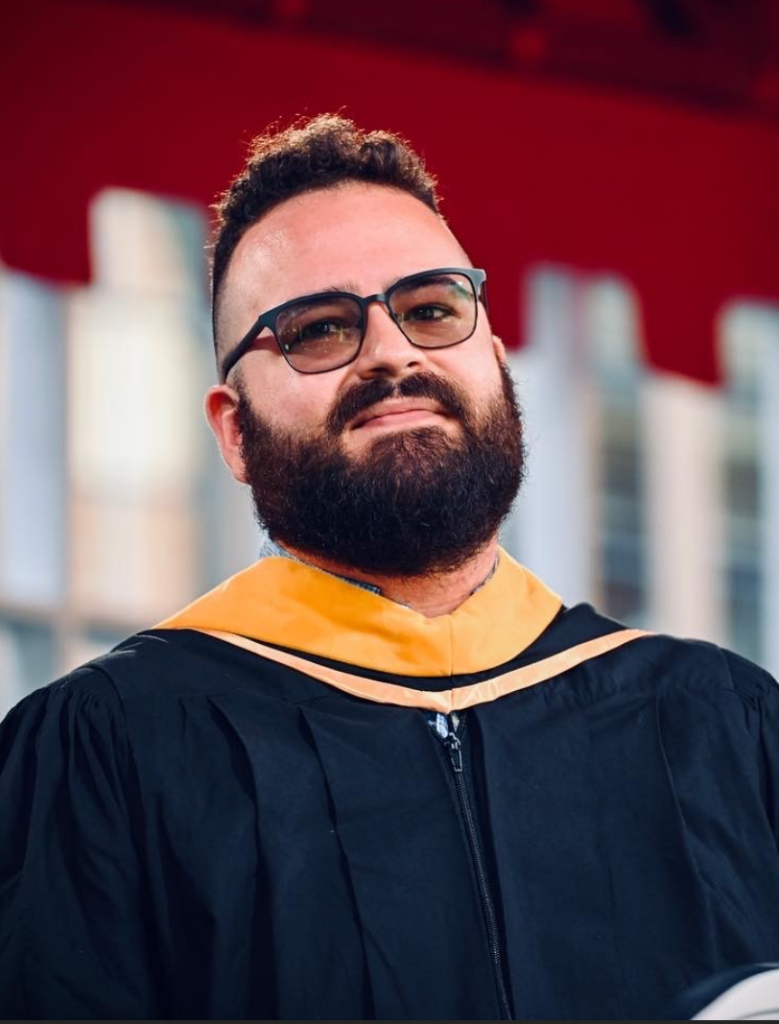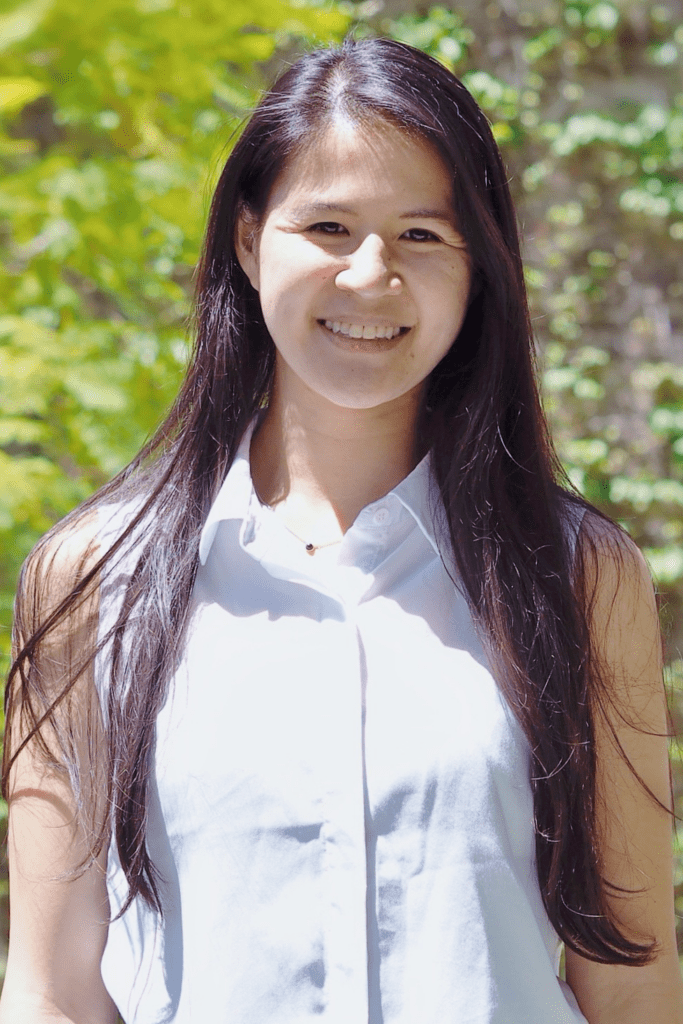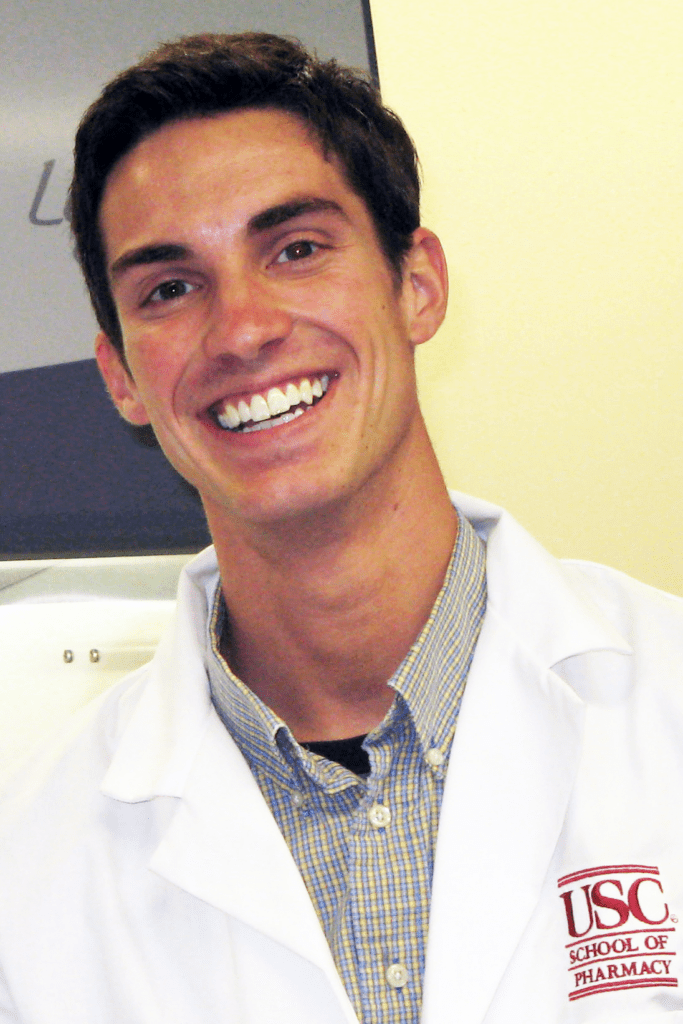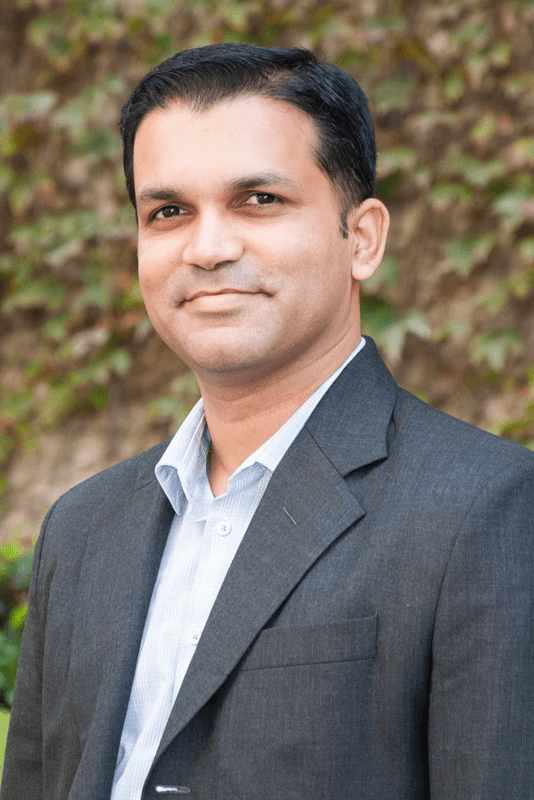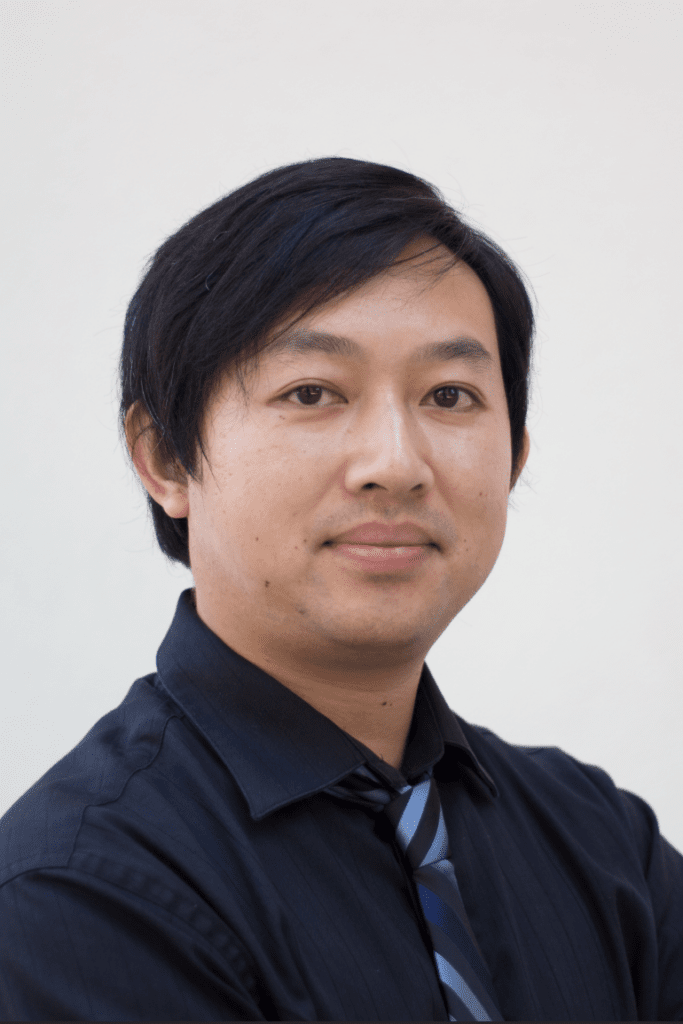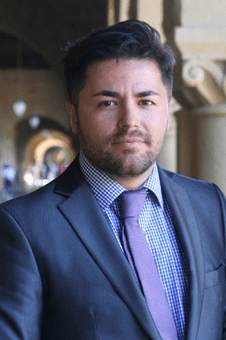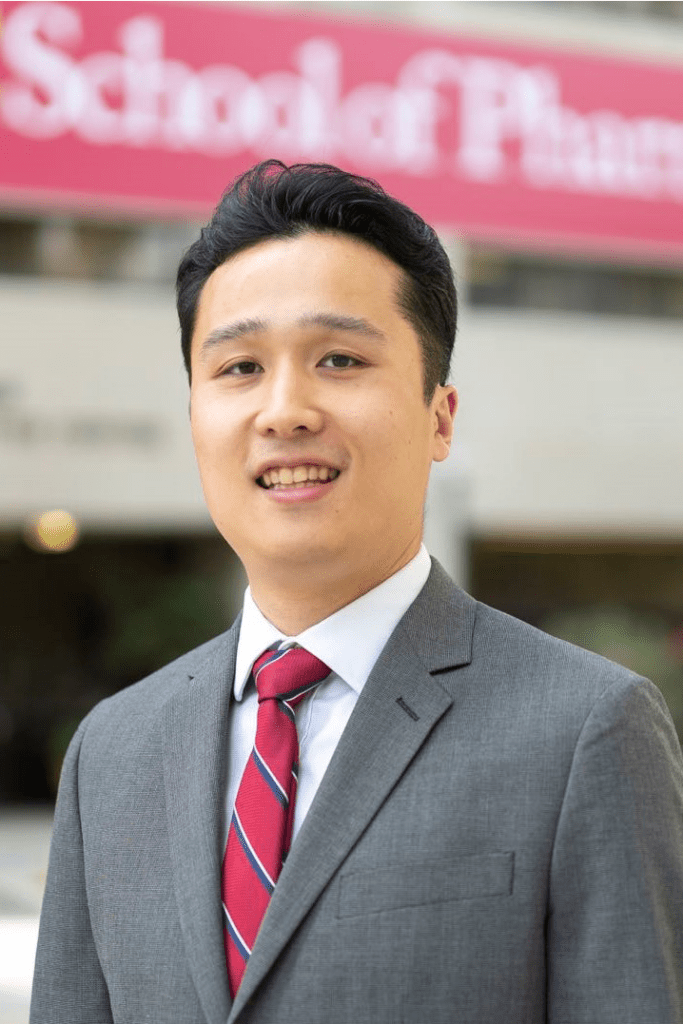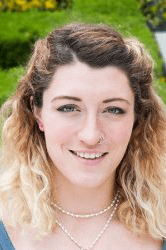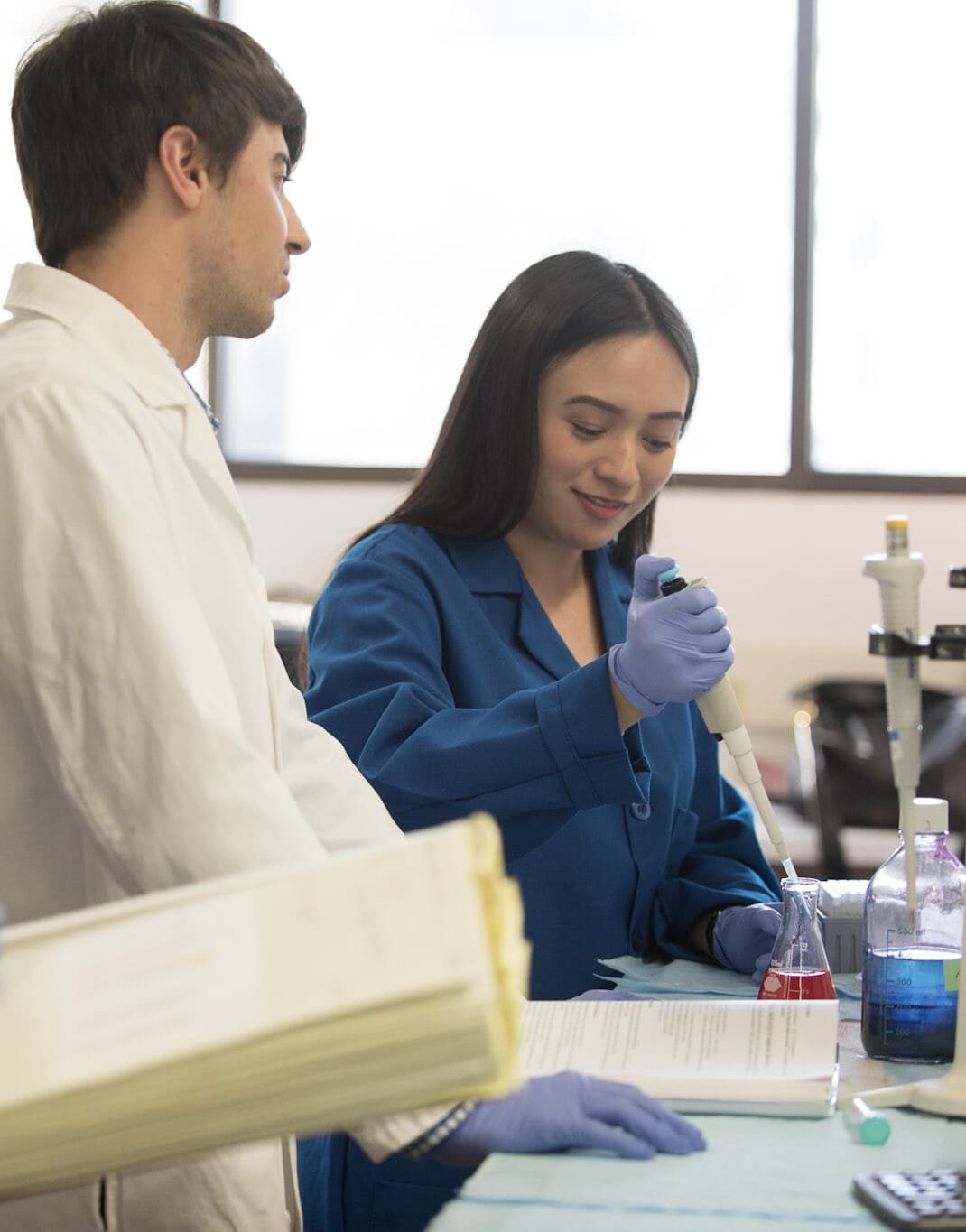
The Pharmaceutical & Translational Sciences (PHTS) Program brings together, under one umbrella, the school’s three laboratory-based PhD programs—CXPT, MPTX, PSCI. This promotes a more cohesive interdisciplinary experience advancing education and offering opportunities to sample the entire range of innovative research options.
This doctoral training program prepares students for careers in the pharmaceutical industry, academia and advanced scientific research in a broad range of settings. The training encompasses a unique scientific framework from drug discovery, delivery and development to application of genetics and genomics to experimental and clinical translational research.
PHTS Umbrella
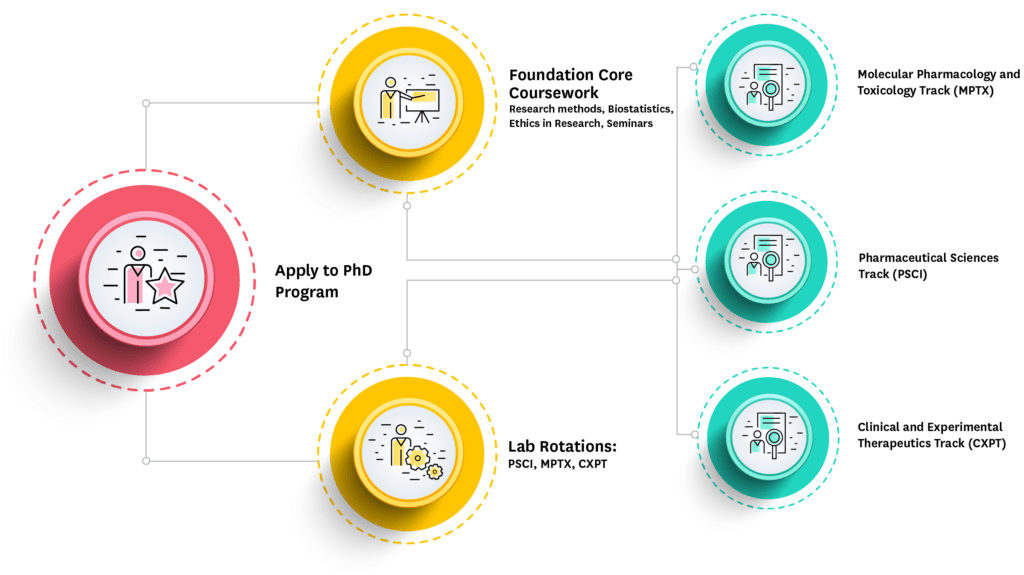
The umbrella structure allows students to attend courses and seminars together, and rotate through laboratories across programs during their first year. This fosters interdisciplinary crosstalk among students and faculty, helping students find an ideal laboratory and faculty mentor as well as a specialized track of study they want to pursue. Upon successful completion of the first year, students will select an area of study from one of the three listed below, in which they will earn the Doctor of Philosophy degree following successful completion of the PhD Program.


